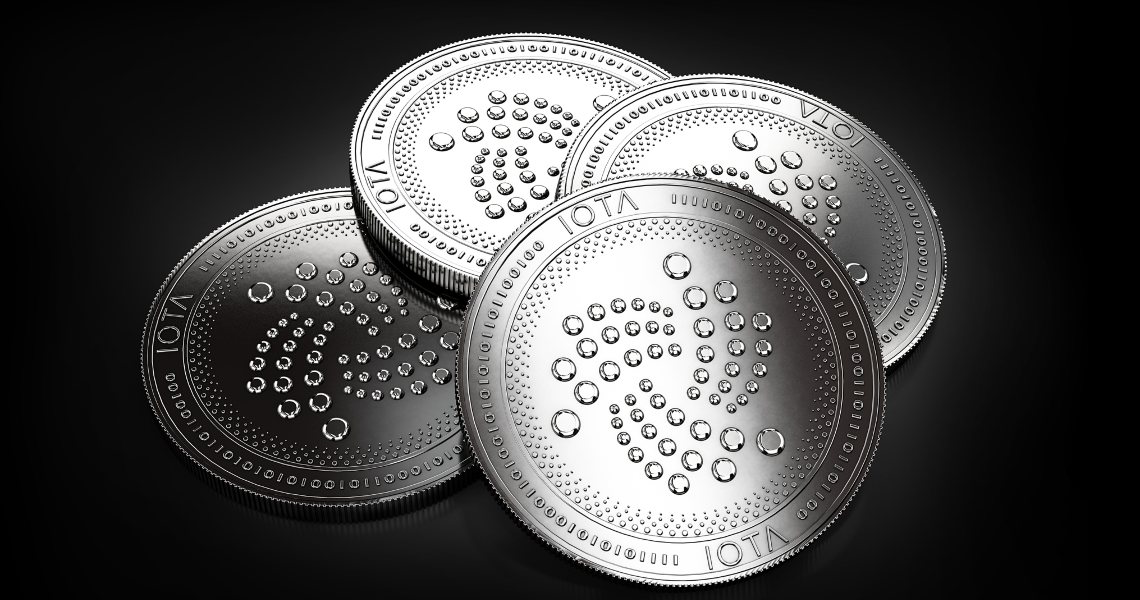Following the problems IOTA had after the Trinity Wallet attack, the mainnet is still offline, despite the fact that its distributed ledger, Tangle, is active.
On February 17th they announced that they had solved the Trinity Wallet problem, while on February 26th they announced that they had started the testing phase of the migration tool, and the next day they revealed that the tool had undergone an initial technical audit.
After receiving the feedback from the audit, the developers are now implementing the required changes, after which they will move on to final testing.
If all goes well, the mainnet will restart, though more than two weeks after the forced shutdown.
Someone, humorously, has pointed out that the IOTA mainnet’s downtime is now even longer than some famous weddings, such as those of Carmen Electra and Dennis Rodman, or Cher with Gregg Allman, or Pamela Anderson with Jon Peters.
IOTA's outage has outlasted these celeb marriages:
Britney Spears & Jason Alexander: 55 Hours
Carmen Electra & Dennis Rodman: 9 Days
Cher & Gregg Allman: 9 Days
Pam Anderson & Jon Peters: 12 DaysCan IOTA go 72 days to honor Kim Kardashian and Kris Humphries?
— Rob Paone (@crypto_bobby) February 26, 2020
The fact is that decentralized cryptocurrencies, such as Bitcoin and Ethereum, are never taken offline, simply because there is no one who has the power to do so.
In fact, the term decentralized means a system without a single-point-of-failure, i.e. without a single person who, voluntarily or involuntarily, has the actual power to intervene and shut everything down.
Instead, the IOTA mainnet, after the attack on the Trinity Wallet, was taken offline by a single entity that made that decision, the IOTA Foundation, which in fact proved to be a single-point-of-failure.
Therefore, to date, it is not possible to say that IOTA is a truly decentralized network since it has been clearly demonstrated that the IOTA Foundation has the full power to bring the mainnet to a halt when and how it wants.
This is simply not possible with truly decentralized networks. Not only is there no one who has the power to shut down the Bitcoin network, but it is not even technically possible. In fact, it only takes a few nodes and a few miners to continue providing services.
In spite of this, the value on the market of the MIOTA token, which is still freely traded on exchanges, has not suffered particularly significant losses, since its descending parabola in recent days has followed quite closely that of other cryptocurrencies.
It is still among the top 25 cryptocurrencies in the world, although it has lost several positions since mid-2018, having been surpassed by Cosmos, HedgeTrade and Crypto.com in terms of market capitalization.
The fact is that IOTA has been having problems for several months, not just technical ones. After having spread a lot of news about various partnerships with important brands some time ago, already in 2018 the Foundation has been the subject of several scandals.
Moreover, at the beginning of February 2020, the situation within the IOTA Foundation seemed to get out of hand, although the differences seemed to have been resolved.
The hacking of the wallet is only the latest of the problems that have arisen, although it is the most serious, and it has brought to light a situation that is far from comforting, with the Foundation having the absolute power to shut down the mainnet and whose governance is beginning to be questioned.
It’s worth adding that IOTA is the only cryptocurrency to use Tangle at the moment, and that perhaps this technology, much more complex than other blockchains, is still not as secure as it should be.
Perhaps Tangle requires necessarily to be governed by a single entity, as demonstrated by the fact that the IOTA Foundation some time ago has deliberately introduced the possibility to intervene to prevent the system from running into an error, but it is not certain that the lack of decentralization will inevitably end up destroying the project.
Considering that the price of the token has not collapsed – it is now worth even more than it was at the end of 2019, for example – it is plausible that the lack of decentralization is not a sufficient reason for the project to collapse.
On the other hand, with a total market capitalization of less than four-thousandths of that of Bitcoin, and well below one billion dollars, IOTA can no longer be defined as a major cryptocurrency.




